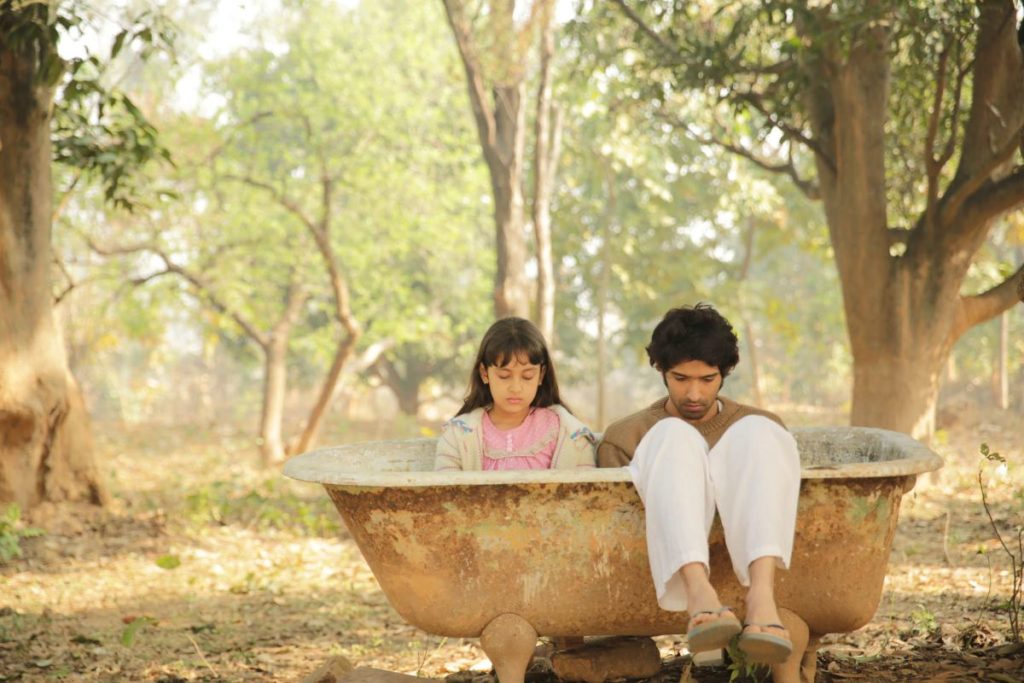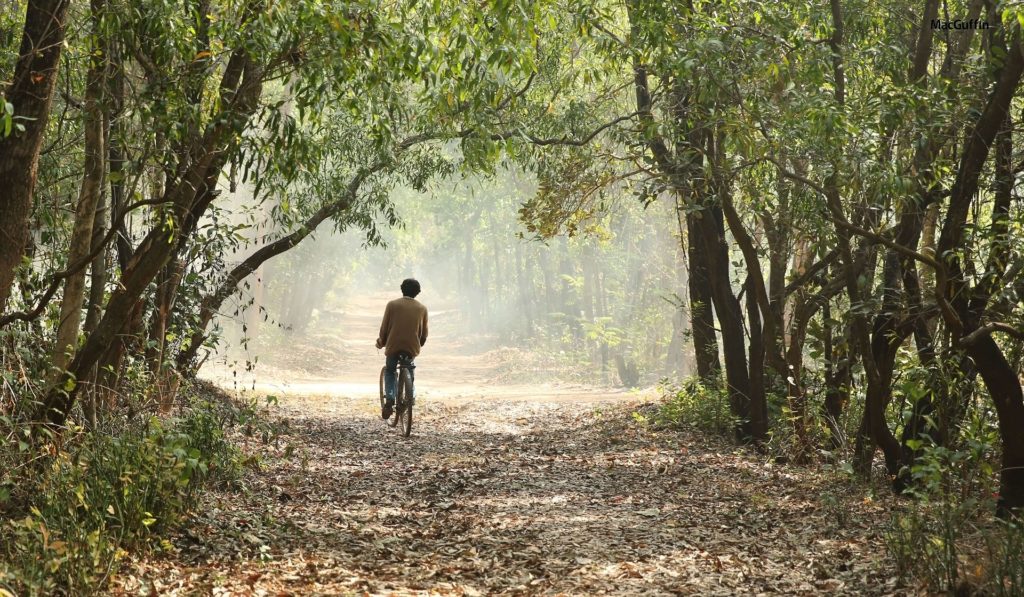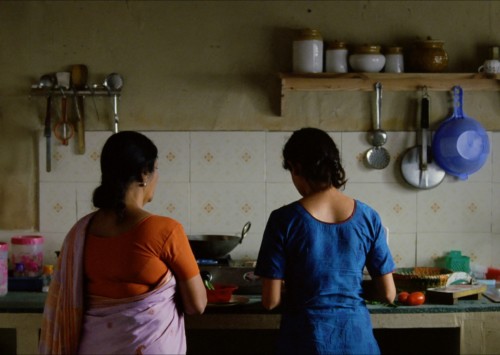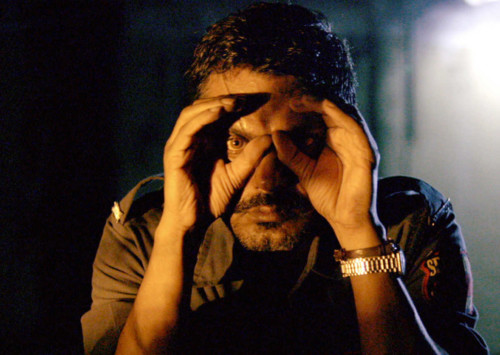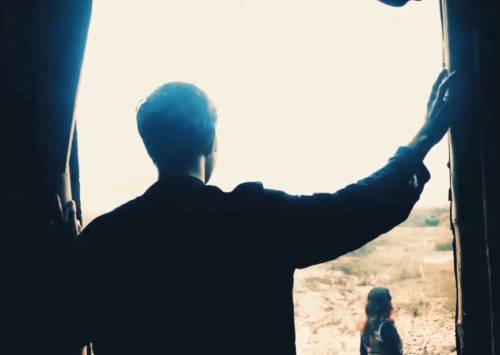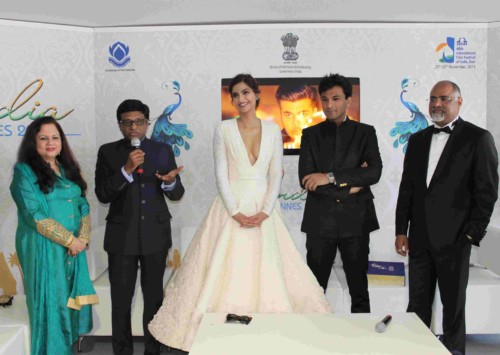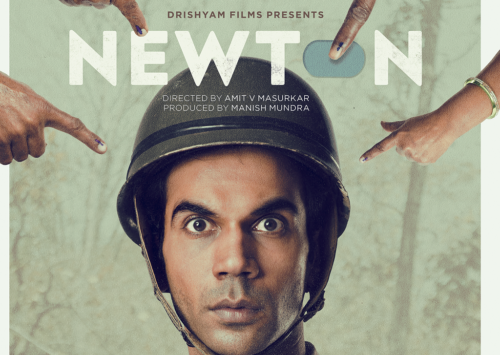A Death in the Gunj – movie review
The nuances that once captivated the heart and mind of cinema lovers around the world was perhaps the identification of vulnerability in human emotions. Konkona Sen Sharma’s A Death in the Gunj rediscovers it for those who still care for the art of cinema.
A week-long family trip during the winters of 1979 ends with a sudden death! The Bakshis, an urban family gets together during Christmas with their non-Bengali friends in the sluggish small town of McCluskieganj (earlier in Bihar, now in Jharkhand) to welcome the New Year. The story transports you to a time when modernity and restrain co-existed in harmony. The characters involve themselves in bright activities ignoring the darkness that looms large. Growing up in a world that goodwills masculinity by choice and questions sexuality when it challenges the comfort zone of mannish morals, the film transcends from being a suspense neo-noir to a social commentary irrespective of gender constraints.
This might read like an abstract but the story is conceivably my second proposition in this review. Inspired by a short story by her father Mukul Sharma, Konkona crafts a piece of cinematic brilliance that puts her right beside her mother, Aparna Sen in terms of her directorial aptitude and eye for detailing. Konkona is already an accomplished actor and with A Death in the Gunj clocking the pulse of a craving audience, she has announced her advent as a filmmaker with much promise.
Subtle, witty, smart, funny, gripping, unhurried, surreal, experimental, stunning, etc., are some of the fitting adjectives A Death in the Gunj attracted from reviewers from around the country. Interviews with Konkona got the anchors floored by her genuine ardour and the poise with which she talks about the ensemble cast and the rigorous process of building this intense drama an inch-perfect pot-boiler.
A piece of Satyajit Ray’s Aranyer Din Ratri (1970) is there in her film and she would happily engross in the compliment. The tribal dance and liquor were metaphorical, exploring the rhetoric demons in life.
Even Aparna Sen’s directorial debut with 36 Chowringhee Lane (1981) comes like a living reference as we sit at the edge of the seats anticipating the death so vehemently mentioned in the title of the film. But the real excellence lies beneath the skin of this surplus exchange of vocabulary. It is the politics of the film, the relevance with time and an unapologetic woman telling a story that seems to grow from the pages of her life.
Cosmopolitan yet earthly
The film starts with an evening blue sky along with two men putting a corpse in a foetal position inside the dickey of a blue ambassador with a West Bengal number plate and a broken tail light. The climax is set to unfold as we go a week back in the woods of McCluskiegunj. Nandan (Gulshan Devaiah), his wife Bonnie (Tillotama Shome), along with their little daughter Tani, and two cousins, Mimi (Kalki Koechlin) and Shutu (Vikrant Massey), come to visit the house of the senior Bakshis, Anupama (Tanuja) and O.P. Bakshi (Om Puri). The story unfolds as the pages of a diary with new characters coming in to add various hues of the human sort in the form of Nandan’s friends — Vikram (Ranvir Shorey) and Brian (Jim Sarbh).
A Bengali family that speaks in English more often than the usual cosy linguistic phrases, smoking and drinking together, talking in subversive languages but with restraint is definitely not a regular affair. However, the habits, the conversations and the behaviour exhibited by the characters make them absolutely innate. The story immediately engulfs the audience in an account that delves deep into the psyche of human emotions finding respite in bullying.
From Curney’s cake shop that packed them cakes for nine rupees and char anna (quarter of a rupee) to the Yezdi motorcycle and the old tape-recorder, the mention Elvis Presley’s death and a toss with 10 paisa coin before a not-so-friendly Kabaddi match and even an old Calcutta University mark sheet – the props and scenes were aptly suggestive of the time. More than the time, the film creeps on you as this urban cosmopolitan Bengali family exposes the earthly vulnerabilities of their characters.
Shyamal nicknamed as Shutu was the exception, the extra baggage that didn’t fit their luggage.
Gender politics and male nepotism
The director has gone on records stating how meticulous she was while writing the screenplay. You can’t prove her wrong. The film revolves around Shutu struggling to add a little value to his tumultuous life while Mimi going out of her way to attract male attention unrepentantly. The ensemble in the film has a non-linear equation amongst each other and watching it unfold in the apt company of Sagar Desai’s melancholic yet haunting music and Sirsha Ray’s observant camera was a cinematic delight.
The gender politics creeps in to bring a toll on Shutu’s otherwise tender youth while sexuality and megalomaniac traits of the rest start pronouncing its evidence even before you realise that it’s an intermission.
Kalki’s character Mimi is probably the perfect statement made by the director to the pseudo-feminism. Her equation with Bonnie played by Tillotama is that really complex female friendship that has crossed the litmus test more than once, while she happily goes around like the seductress emancipated from the social taboos prevalent in the seventies. She never failed to grab the attention of the man on screen and the audience forbidding moral boundaries of a woman.
An ode to cruelty
The repeated mention of the ensemble is probably an indication of how neatly the story was recounted. Tanuja with her restrained screen presence, Om Puri adding his elegant grim, Tillotama Shome being the bizarre careless mother and Gulshan Devaiah balancing between the fun-loving friend and the strict elder brother were terrific. Konkona was perhaps reminiscing about her very well-known people and writing an ode to the class of an anglicised Bengali commune that was so very predominant in that era.
The malice was vivid but well encapsulated in symbolic bigotry. Life becomes tough for Shutu as the days count from 1 to 7. The prejudice grows on everyone as Shutu starts losing faith in him. A moment not to forget would be the intercut scene during the Kabaddi match where Tanuja reads a letter in Bengali from Shutu’s mother (voice-over by Aparna Sen) unveiling or rather piling up the tension.
The film rises above the standard because the audience is subjected to a set of uncomfortable questions that not many would dare to ask. Most importantly, Konkona in her debut looked absolutely in control of the scheme of things. Being poetic as well as justified, A Death in the Gunj makes a bold statement in the finest dispositions.
“McCluskieganj. Your Visit Will Surprise You”: reads a dilapidated board while the blue ambassador crosses by leaving a blue evening and a secluded road behind. Get surprised by ‘who-gets-killed’ in the theatres; this is a must-watch!

